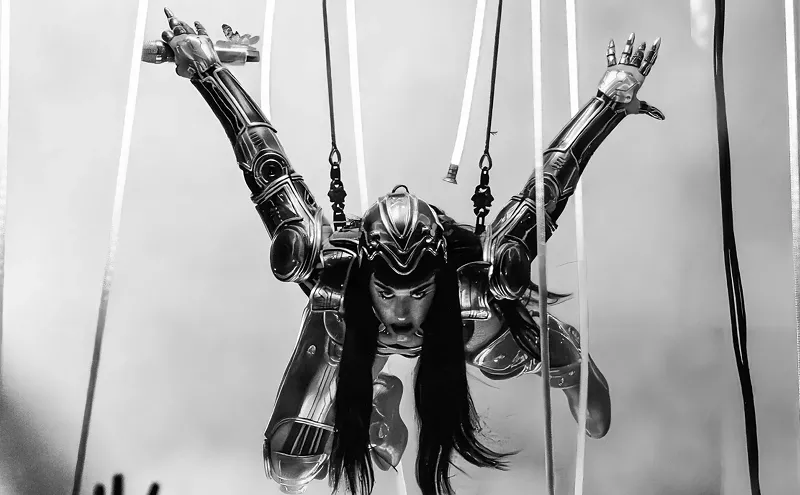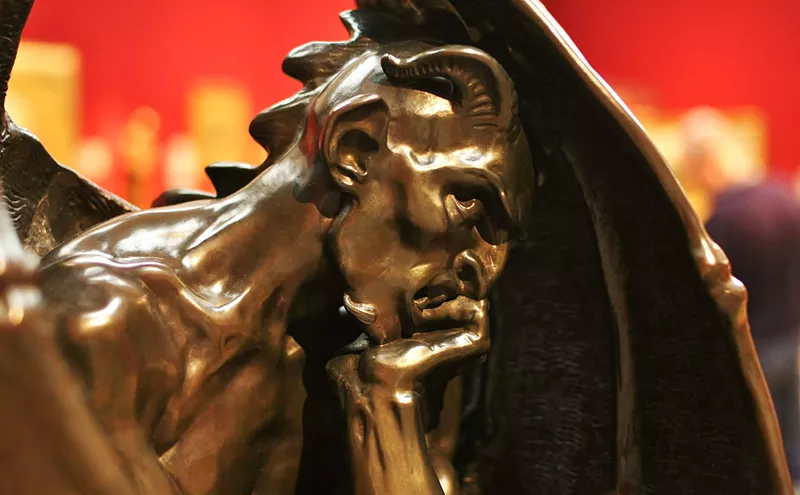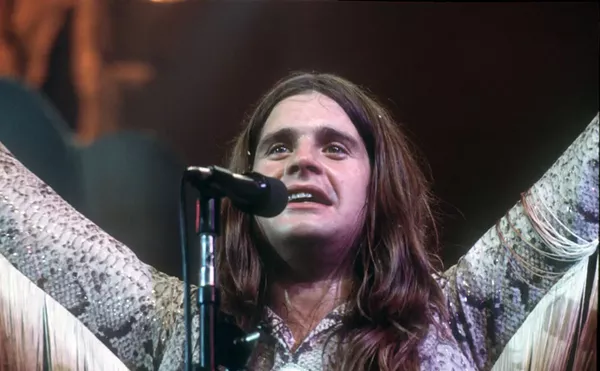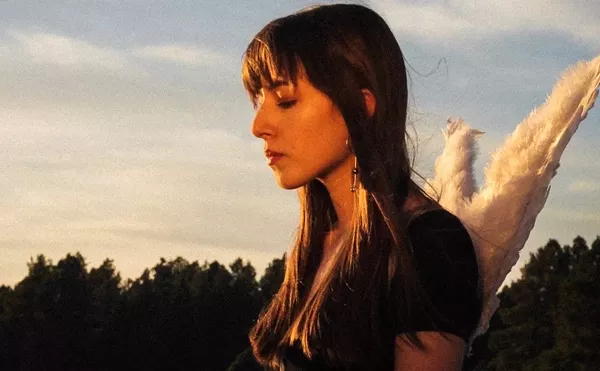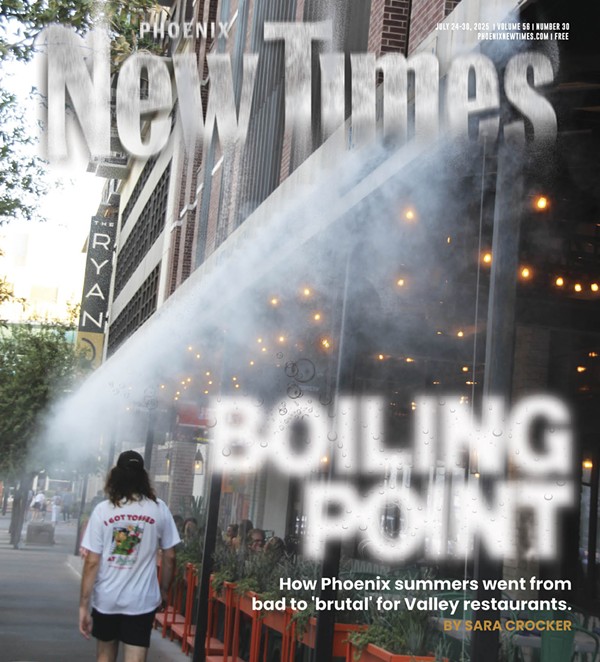Of course, traditional songs are a huge part of folk music history, and some songs of unknown origin have been covered by hundreds of artists throughout the years. When the '60s and '70s came around, many artists like Joan Baez wrote new tunes, but also played these traditional songs. There wasn't as much of a stigma around playing other current artists' songs like there is today; Baez and others of the era frequently played each others' songs. In fact, Baez covering Bob Dylan played a role in getting the singer's initial exposure to the masses.
Here are the most notable covers Baez has performed through the years.
Joan Baez is scheduled to play at Celebrity Theatre on Tuesday, November 1.
6. "Blowing in the Wind" — Bob Dylan
“How many roads must a man walk down?” Well, Bob Dylan might have asked this question, but he was not the only one to sing it. Baez covered many other Dylan songs as well, such as "Forever Young," "It Ain’t Me Babe," and "Don’t Think Twice It’s Alright," the latter of which was the first song of Dylan's Baez ever recorded.
5. "Night They Drove Old Dixie Down" - The Band
This tune, popularized by the Band, was written by their lead guitarist, Robbie Robertson. The song was featured famously in the concert film The Last Waltz. Baez offers a lighter tone to the song, with a joyful choral harmony. The vibe is deep and bluesy in the Band’s version and jovial and folky in Baez’s. Remarkably enough, her cover of the song actually made it to the number-three spot on the Billboard charts in 1971, and it became a gold record. To see a cover gain such recognition to the public is an interesting feat.
4. "House of the Rising Sun" — Unknown Origin
As is common with old, traditional numbers, the origins of this song are largely unknown. There are said to be early recordings of the song from the '30s and '40s from different parts of the South. Later, covers surfaced from performers like Leadbelly, Pete Seeger, Woody Guthrie, Joan Baez, and Bob Dylan. The most popular version was unleashed by the Animals in 1964 with rocking electric, organ sounds.
3. "Jack-A-Roe" — Unknown Origin
"Jack-A-Roe" is another song of unknown origin that both Baez and Dylan covered. The most popular cover is arguably done by the Grateful Dead. It is a traditional folk and bluegrass song, which has an almost cowboy or pirate-ballad feel with lyrics like "to face the cannonball." Baez's offers silky and angelic vocals, like a lullaby, delivering a sorrowful tale with so much beauty that it hardly seems sad.
2. "Long Black Veil" — Lefty Frizell
Baez gives a real honky-tonk vibe to this song. There is a twangy guitar, and a brushing beat. She really does have a way of cheering up a sad song. The original recording by Lefty Frizzell, written by Danny Dill and Marijohn Wilkin, and the popular version known by the Band are both a lot more sorrowful. As the song goes, a man is accused of murder, but was sleeping with his friend's wife and opts to take the rap as opposed to
1. "We Shall Overcome" — Charles Albert Tindley
This is a folk song which has a more traceable origin, yet still went through an evolution of many versions. The original inspiration is said to have come from a man named Reverend Charles Albert Tindley, who wrote a gospel hymn called "I’ll Overcome Someday.” Many folk musicians of the time recorded this song, including Pete Seeger. Baez famously sang this song at the March on Washington in 1963. This became more than a folk song — it's a song of protest for equality.




